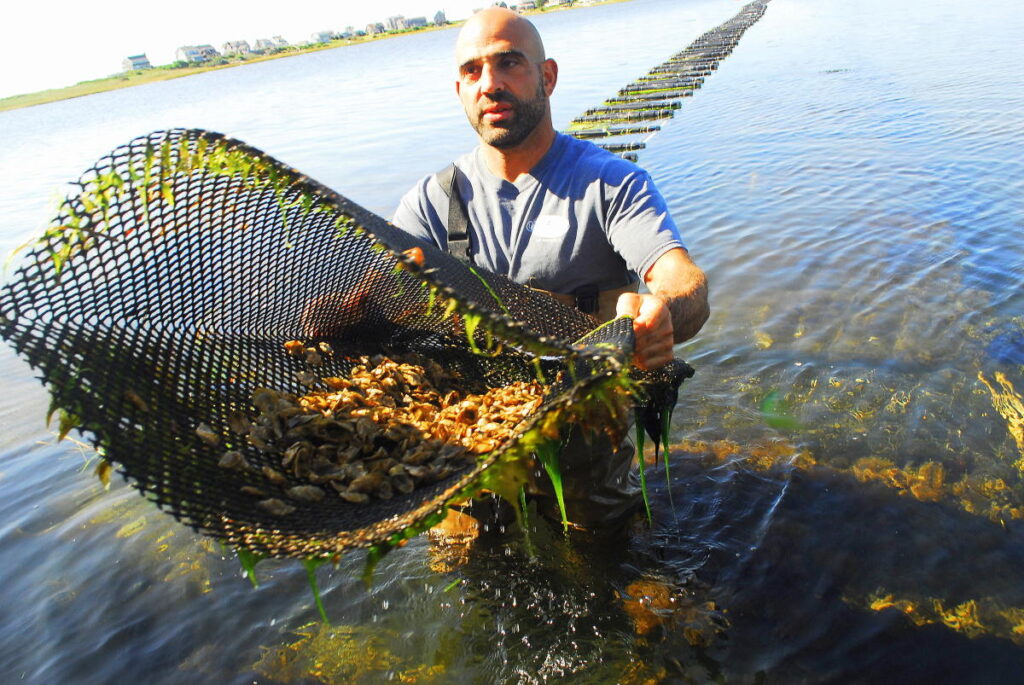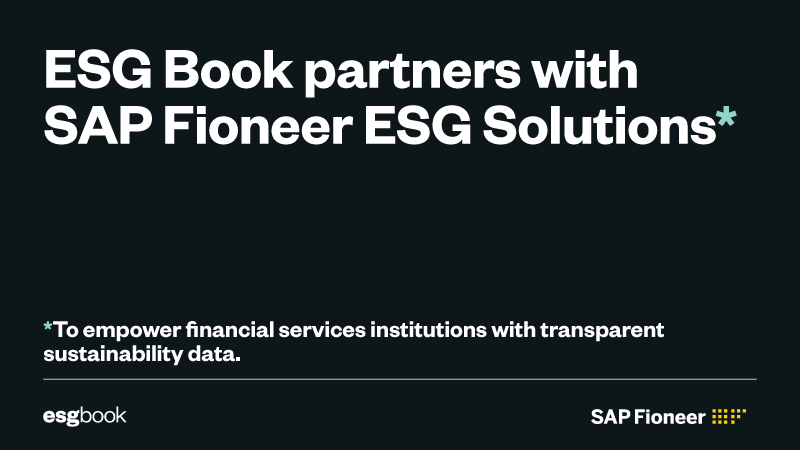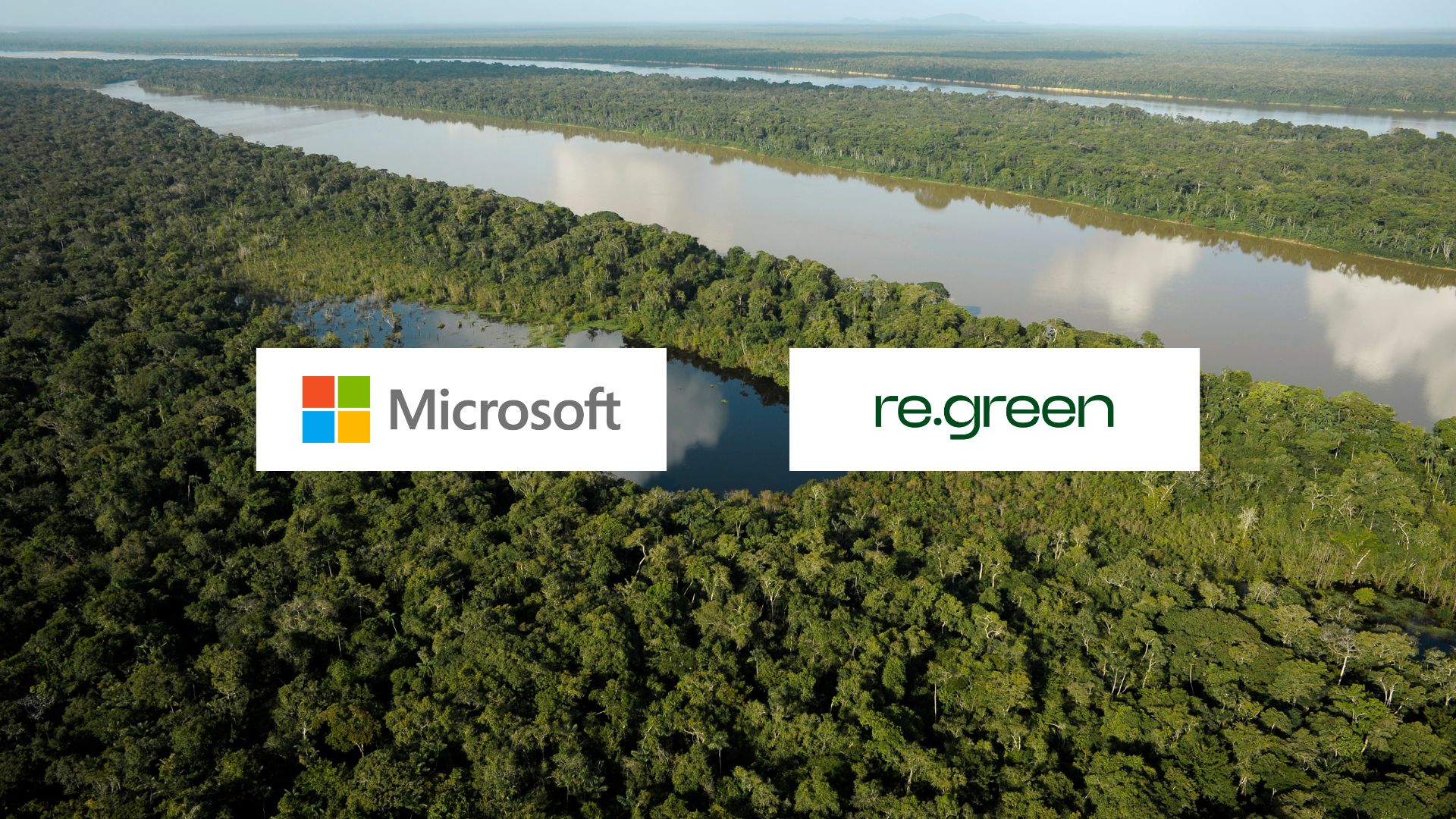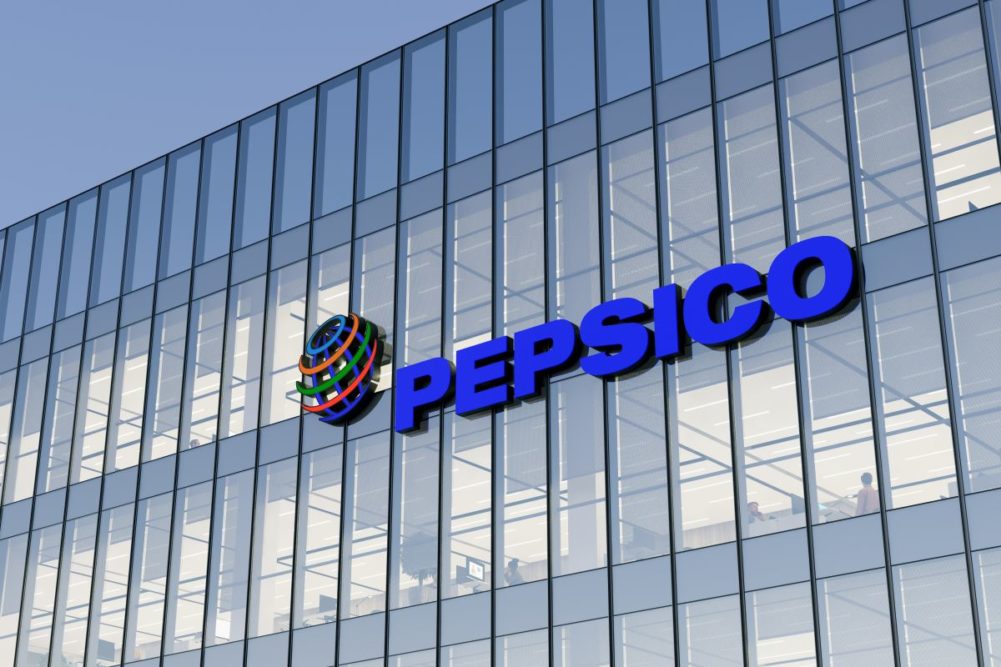Sustainability Superstars: Rhode Island Oysters

|
Listen to this story:
|
Aquaculture is a fast-growing food productions system, with bottom-of-the-food chain shellfish seen as a win/win to support cleaner eco-systems and feed us at the same time. A trip to Perry Rasso’s Matunuck Oyster Bar and farm in Matunuck, Rhode Island, gave us a firsthand look at how well oyster farming in particular can work to do both.
Matunuck is located on Rhode Island’s South Shore, about 100 miles South of Boston.
Our guided tour of the pond and farms was led by owner Perry Rasso, a Rhode Island legend for his success in oyster farming. He immediately hooked our group with his passion and commitment during a hands-on tour of the oyster farm pontoon boat.
Perry is a regular on digital media not only in the United States, but in Asia and Africa where he travels to share his knowledge of modern aquaculture techniques worldwide advocating for sustainable farming.
Related Article: Cape Town: Sustainable Wines and Good Times
The pond and farm tours were started with support and help from the Ocean State Aquaculture Education Project in 2002 and remain a delightful way to learn about doing well by doing good. Our group was comprised of Mike and me, our children and 1-year old granddaughter. Just having them all in one place made the day for me, but to be able to share our love of Rhody waters, the importance of sustainable farms and fisheries, and end it all with a mind-blowingly delicious lunch made the day awesome.
Perry keeps the story of oyster farming riveting with a tale of love, passion, back-breaking work, with a smattering of sex. He explains to the group that oysters start life as male but can transform to female at 1-2 years old. They can transform back to male. Our sons Chris and Hunter look at each other, not sure what to make of that.
He introduced us to some of his team, taking us through the process of distributing seed, transferring it during its lifetime and then harvesting when ready to eat. This is a different type of work than the children are used to with nothing blinking, beeping or ringing. Pace is set by the workers, not the incessant demands of computer screens and cell phones. The oysters do their part too. They are natural filters, cleaning the water they live in, improving water quality and growing quickly to market size.
Our tip: visit an oyster farm near you for a great lesson in sustainable aqua-farming along with a great lunch – we especially like Matunuck Oyster Bar, but be sure to make reservations!
*The views of this article are from an ESG News employee, the employee indemnifies that no compensation or in-kind exchange was given in return for producing this article.










